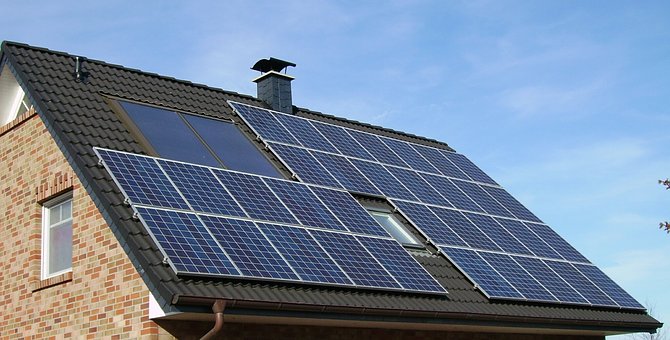In most Kenyan home, electric water heaters are common. They are cheap and conveniently available.
However, did you know? In 2017, a new law was passed forcing property developers to install solar panels on certain buildings. It is part of Kenya’s drive towards green energy to reduce the strain on the country’s national grid. Which faces growing demand as the population continues to grow at a rapid pace.
Buildings that require more than 100 litres of hot water per day are legally obliged to install solar water heating systems. This applies to residential premises; educational and health institutions. As well as hotels and commercial accommodation; restaurants, cafes and other eateries. Including all public premises that need to provide hot water.
Solar Water Heater
A solar water heater is harder to install than an electric heater( electric shower head is the most commonly used in Kenya). The total cost of an average 12 watts panel is around 1,200Ksh while a 300 watts panel goes for 30,000ksh.
In the long-term, this is cheaper than an average shower heater. The good ones costs around 2,500Ksh(the cheapest goes for less but last only 3 months).
Solar water heating systems are expected to last for over 10 years. Electric heaters generally need to be replaced after months. Despite initial upfront costs, electric heaters have significant advantages over solar heating.
A solar panel needs to face the sun to operate at maximum efficiency. Unfortunately, when there is no direct sunlight on the system, like at night or on an overcast day. The system relies on a regular geyser(storage unit) element.
As a result, the efficiency of a solar heating system fluctuates between 45% and 70%. This comes down to an average drop in energy costs by approximately 54% over the course of one year.
Electric water Heater
Solar heater requires approximately one-third of the energy of a conventional geyser to heat the same amount of water. This resulting in an average energy saving of up to 70%.
In contrast, an electric heater is only slightly affected by variations in temperature, and therefore it runs efficiently at any time of day.
Imagine, in a four-member household, each person uses an average of 52ltr of warm water over a 10-year period. This results in a cumulative cost saving of around 3,500ksh.
By comparison, a solar heating system achieves around 5,000ksh in savings under the same conditions.
In conclusion:
Remember that solar panels receive less sunlight during rainy seasons. This means that the solar geyser will use a lot more electricity. Shower heaters are consistent but in the long run will cost more.
In addition, did you know that the heating up of electric water geyser accounts for 40 – 60 per cent of the household’s electricity?
On the other hand, solar water geysers are as green as hot water can get. If you’re looking to go green or decrease your carbon footprint, this is an excellent solution for a clean energy source. Remember that its fuel is sunlight, which is limitless and free.














